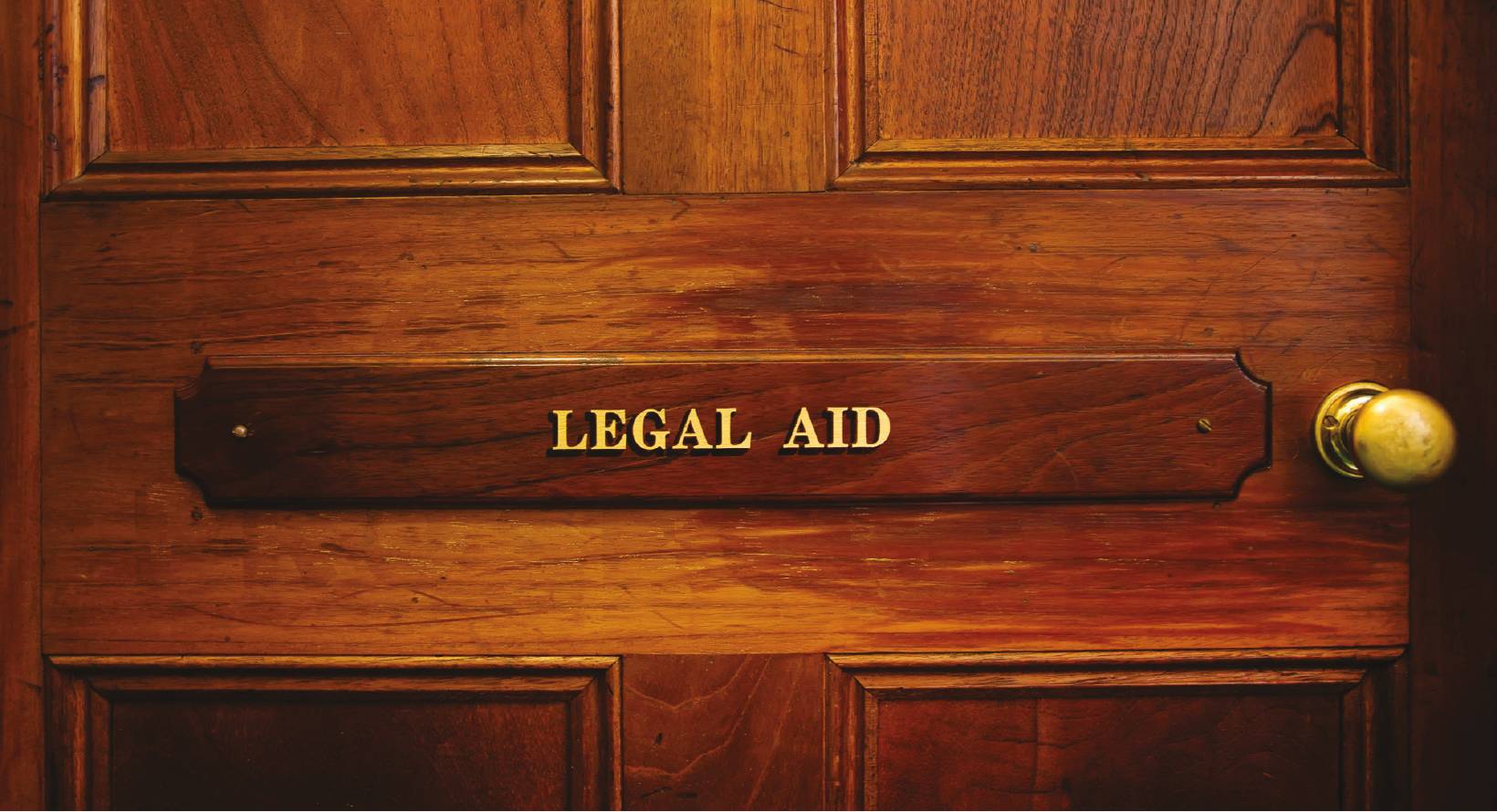Legal aid update
The final report of the Bach Commission: justice, what justice?
The Bach Commission on Access to Justice found that legal aid cuts have created a two-tier justice system, and concludes that people should have a right to affordable justice.

About the author
CILEx past president Nick Hanning sat on the Bach Commission.
In January 2015, the leader of the Labour Party, Jeremy Corbyn, and Labour's then Shadow Lord Chancellor, Charlie Falconer, asked former barrister and justice minister Lord Willy Bach to undertake a review of the legal aid system. He decided to establish a commission comprising independent, non-politically aligned experts to undertake a wider review of the justice system as a whole.
Over the course of nearly two years, the commission heard evidence from over 100 individuals and organisations about their experience of working in the advice, legal aid and justice sectors.
We heard their despair at the problems, which are rife, and listened to their ideas on how those problems might be resolved. In November 2016, we published an interim report, and on 22 September 2017 we published our final report.
Our conclusions were unapologetically stark. As noted in the interim report, the blunt truth is that access to justice is practically non-existent for the vast majority of the population as it is simply unaffordable, save to the very wealthy.
Historically, the burden of expensive litigation was lifted, to some extent, by the availability of legal aid. However, gradually, over many years and far more rapidly in recent times, that crucial support system has been eroded to close to extinction.
Having identified the major problems in the interim report, the purpose of the final report was to propose some solutions. These fell into two categories:
- many - often simple and relatively cheap - steps which could be taken immediately to alleviate some of the most pressing problems; and
- a longer term proposal to codify a statutory right to justice.
Rather than repeat what the final report says, I propose here to remark on two points. First, (and to pick up on important points made by CILEx in its evidence to the commission) I will discuss aspects of access to justice which were outside the remit of the commission. Second, I will comment on the thornier question of whether anything will come of the report's proposals.
Given its genesis, the final report has focused predominantly on the fundamental elements of legal advice and assistance in the justice system. Enhancing legal aid, providing proper support to the advice sector, and committing to public legal education are the lynchpins of empowering the individual. But other factors are at work too, and CILEx leads the way in identifying those.
One of the biggest barriers to access to justice is the very high cost of legal help. Readers will know only too well that the hourly charging rate for many lawyers is more than the average weekly wage. Even judges will admit in private that they could not afford to go to court.
There are many reasons why the law is so expensive, but one of them is the lack of genuine competition between types of legal adviser. We still operate in a system where the vast majority of qualified lawyers have had to train for a very long time, including a significant investment in areas of law in which they will not be working.
There are good reasons for lawyers to be well trained, but there is a powerful argument that, for many types of legal problem, a high level of knowledge about all areas of law is not required. CILEx has led the way in producing lawyers, who are highly skilled in their fields without having to meet that same high standard in areas of work in which they do not practise. While always being careful to ensure that the consumer is adequately protected, given a level playing field in terms of providing those services, the market for legal services could be more competitive and more accessible.
For those who are exposed to the justice system to feel treated fairly, they need to feel that those lawyers and members of the judiciary with whom they interact are representative, if not of themselves as individuals then at least of our society as a whole. The legal profession generally fails in this respect. Too many are like this author - white and male - and the judiciary remains especially overtly unrepresentative.
No right-minded person would suggest that the judiciary is prejudiced, but all concerned are acutely aware of the danger of perception. Thus, the Judicial Appointments Commission, and all the legal professions, are working very hard to encourage women and those from a black, Asian and minority ethnic background to progress and to break down any barriers which may hinder that progress.
Once again, CILEx leads the way. Our membership is predominantly female, and comprises the most ethnically diverse legal profession. But we have yet to make any inroads in to the judiciary.
As an interested participant, I applaud CILEx for the excellent work being done to encourage, prepare and support members who wish to apply (and happily there are many of them), but there are statutory restrictions which limit the aspirations of our members and hopefully those will be reviewed and removed soon.
The cynics, or perhaps even the realists, will say: 'Nothing'. True it is that we still live in a time of austerity, where there are many demands on acutely spare resources. It will be hard to persuade a government of any colour to reinstate spending which was cut so easily.
In common with my colleagues on the commission, I hope that this does not prove to be the case. On one analysis, the funds required for what we have proposed exist, given that the cuts have been more extensive than those for which the government budgeted.
More importantly, spending money on good legal advice pays dividends by saving many times that amount. Early advice and intervention can prevent homelessness, ill health and a host of other, very expensive, problems. A joined-up government should be capable of recognising the value of a stitch in time.
The right to access to justice is as fundamental as the right to education and healthcare. If the final report of the Bach Commission does nothing more than ensure that both the public and the political parties recognise that importance, then our work will have been worthwhile.
